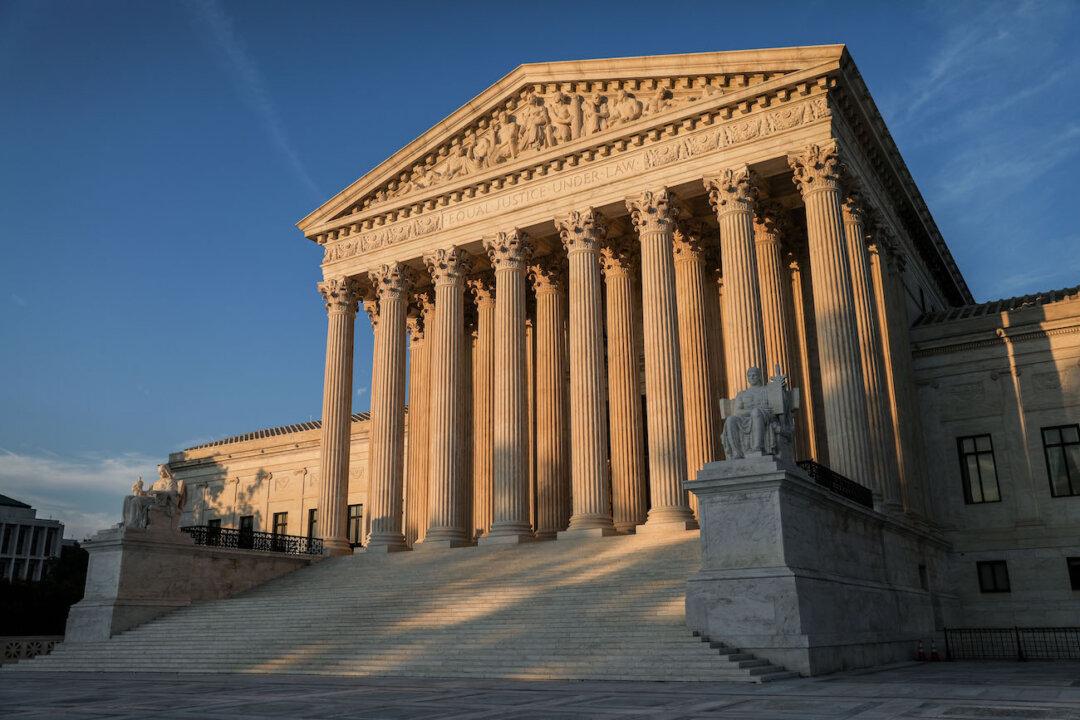A lawyer for a group of Indiana University (IU) students opposing their school’s vaccine mandate filed an appeal Friday with the Supreme Court challenging the school’s CCP (Chinese Communist Party) virus vaccine mandate, which takes full effect this fall.
James Bopp called for the Justices to take up the students’ case following a lower court’s decision this week that sided with the university’s decision to require all students returning to campus to get vaccinated or else have a medical condition or a religious exemption.





